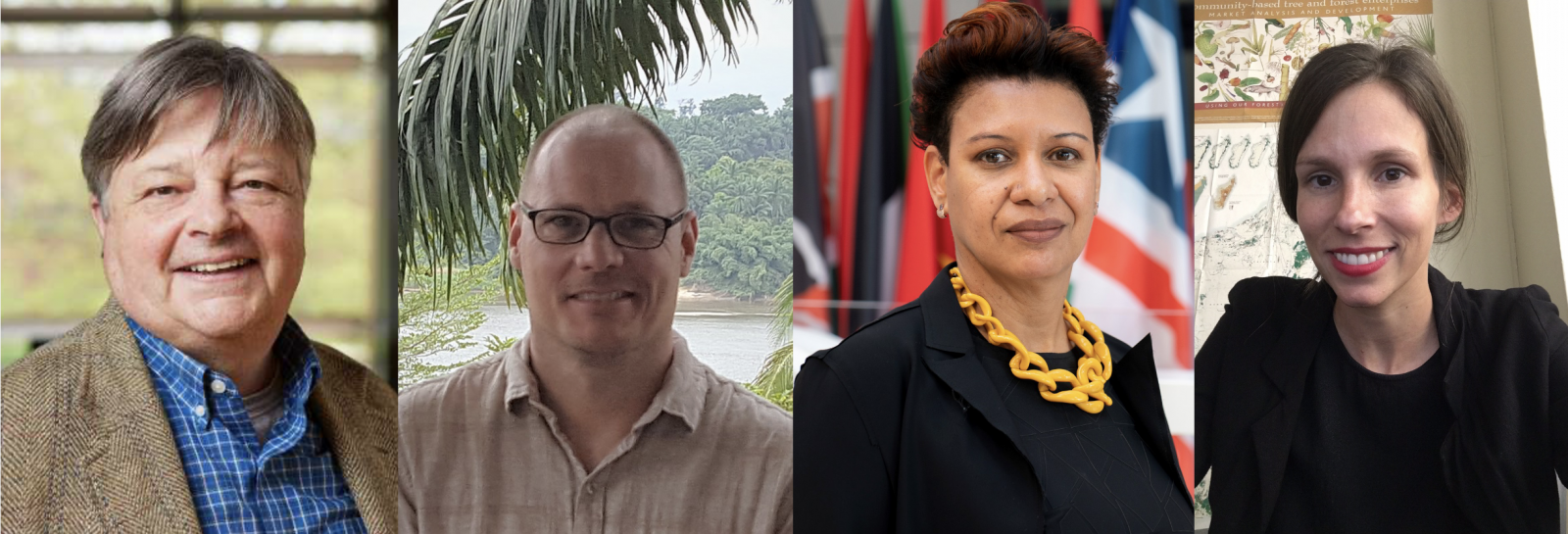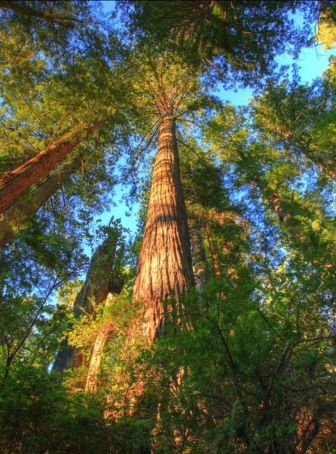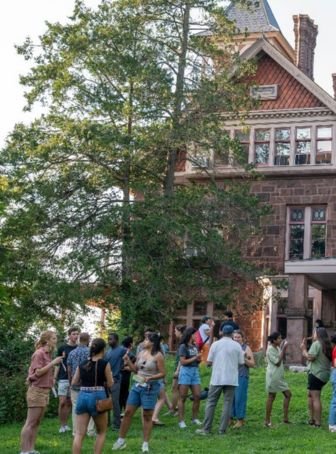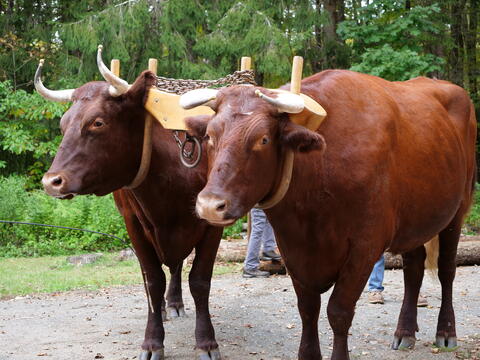
Join us every Tuesday from January 17 - April 25 from 12:00-1:00pm US ET.
Note: there will be no webinar on March 14 and March 21.
Click here to register (link is external). Register once for all webinars. Webinars will be recorded and shared with all registered participants. More details on the series can be found here.
The Yale Forest Forum returns this spring with a subject that we have been building upon for several speaker series in a row: planted forests. This spring, the focus will be upon the world’s smallholders who plant forests and trees, in what series facilitator and The Forest School’s Executive Director Gary Dunning refers to as the “planted forests 2.0” speaker series. Turning our attention to smallholders is a direct result of YFF’s collaboration with the Food and Agriculture Organization (FAO) of the United Nations on this speaker series, a first of its kind in YFF’s history. FAO brings its renowned expertise and long history in working with smallholders, planted forests, and restoration to this expansive and collaborative YFF series.
Why focus on smallholders? Dunning explains that the majority of forests outside of the public sector are held by smallholders, even in the United States. Therefore, smallholders of forestland and trees outside forests are a very significant player in global forests and have a significant impact in forest health and restoration. They are our biggest opportunity for growth in forest regeneration,” according to Dunning. They also hold the highest level of management variability as there are countless smallholders over a single landscape in comparison to a single industrial actor.
From the FAO viewpoint, series co-facilitator Thaís Linhares-Juvenal explains that planted forests are critical to meeting our climate change and restoration objectives under our rural poverty eradication goal. “We need to restore our lands, need to support smallholder livelihoods, need to produce more low carbon products to move forward the bioeconomy, and we know that planted forests are at the base of wood supply and do sequester carbon.” Linhares-Juvenal serves as FAO’s team leader on sustainable forestry, value chains innovation & investments and as the secretary of the International Commission on Poplars and Other Fast-Growing Trees Sustaining People and the Environment.
Series facilitators Dunning and Linhares-Juvenal are joined by The Forest School’s Professor of Forest Ecology and Silviculture Mark Ashton, and FAO’s Planted Forests and Restoration Officer Faustine Zoveda. Together they have invited a combination of academics, practitioners, investors, policymakers, and representatives from smallholder producer associations to speak each week. Linhares-Juvenal says in this way, the series “brings together technical aspects of planting forests and trees in a smallholder setting plus the hands-on lessons learned, the challenges, and the ways to manage expanding forests and trees.”
Dunning confirms that attendees will learn from speakers who work with smallholders in a variety of contexts, providing interesting perspectives on the needs and opportunities for smallholders from global to local. The series will begin with an overview by the series facilitators before moving into more in-depth assessments from topics like fire management to certification issues to understanding agroforestry as part of planted forests to exploring how planted forests may help mitigate or adapt to climate change.
Linhares-Juvenal hopes to demystify planted forests in this series. “Most people think of big monocultures,” she says about planted forests. “But we’re talking about forest farming, agroforestry, and individual tree and forest planting. We are talking about rural farmers who have to make a decision on the opportunities for considering forestry and agriculture on their land.”
Through this collaboration between FAO and TFS, series facilitators hope to reach new audiences, impart technical expertise, and benefit practitioners to move restoration forward on a global scale.
Linhares-Juvenal shares that “we hope to show it’s possible to have planted forests in different contexts” beyond the industrial and to demonstrate the benefits of forest restoration for individuals. “We have the science, we have the evidence to show we can have sustainable planted forests. We now need to build more capacity.”
We look forward to seeing you at 12 pm ET US on Tuesdays starting January 17 for “Smallholder Planted Forests and Trees for Climate, Restored Landscapes, and Livelihoods.” The full line-up of speakers and details can be found here.

This speaker series’ facilitators are Mark Ashton (Yale), Gary Dunning (Yale/The Forests Dialogue), Thaís Linhares-Juvenal (FAO), and Faustine Zoveda (FAO).
The series is hosted by The Forest School at the Yale School of the Environment in collaboration with the Food and Agriculture Organization (FAO) of the United Nations.







